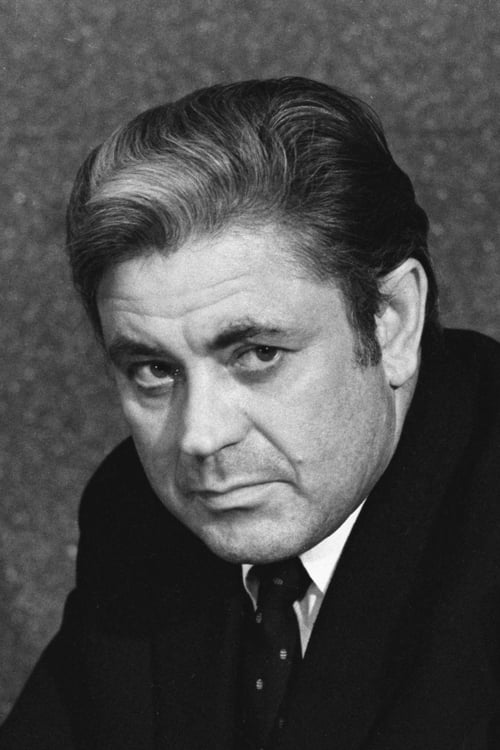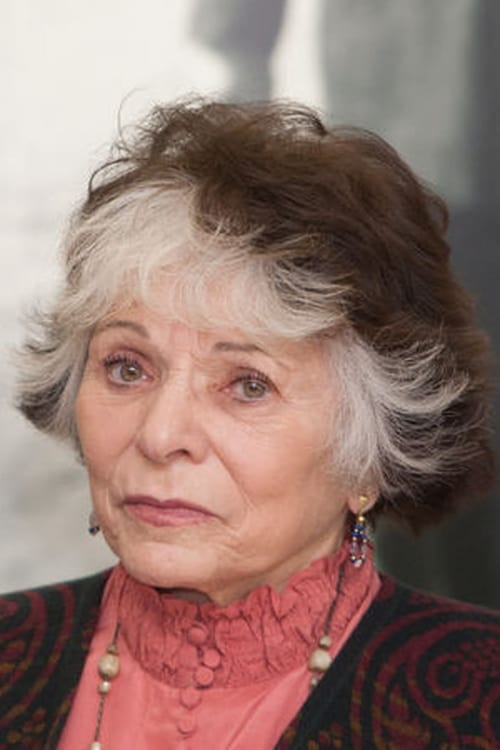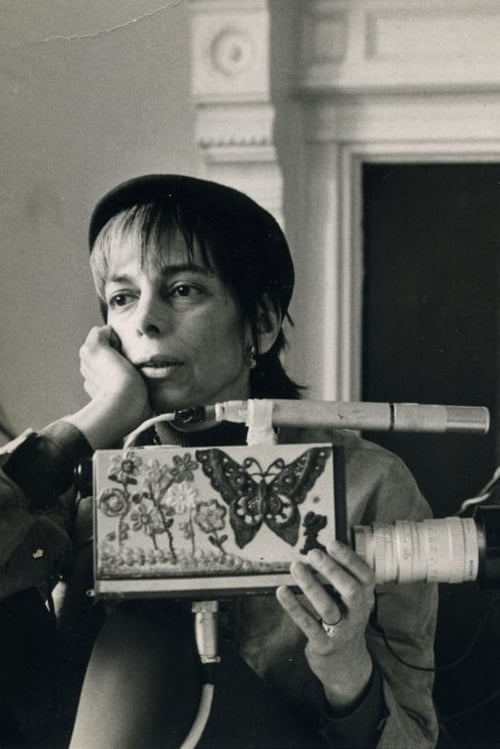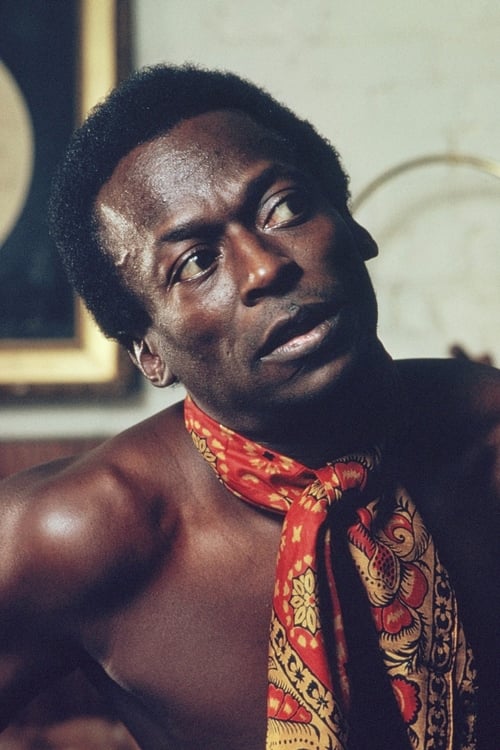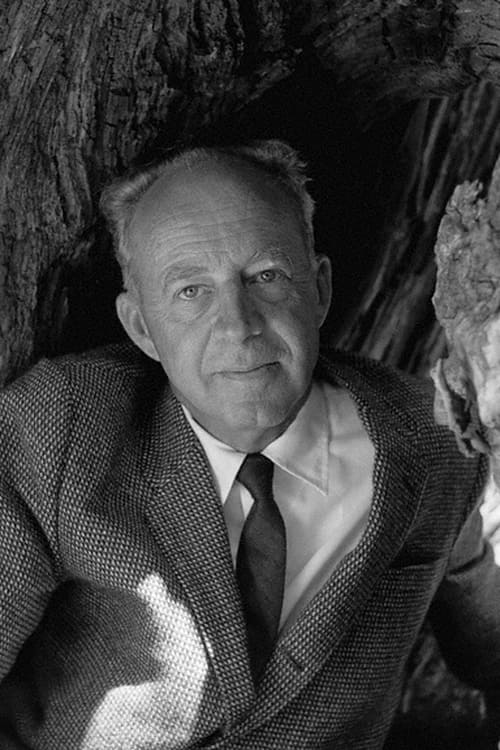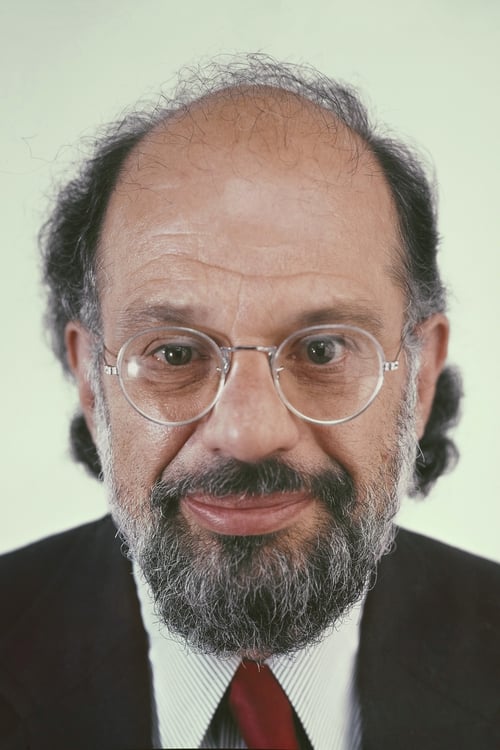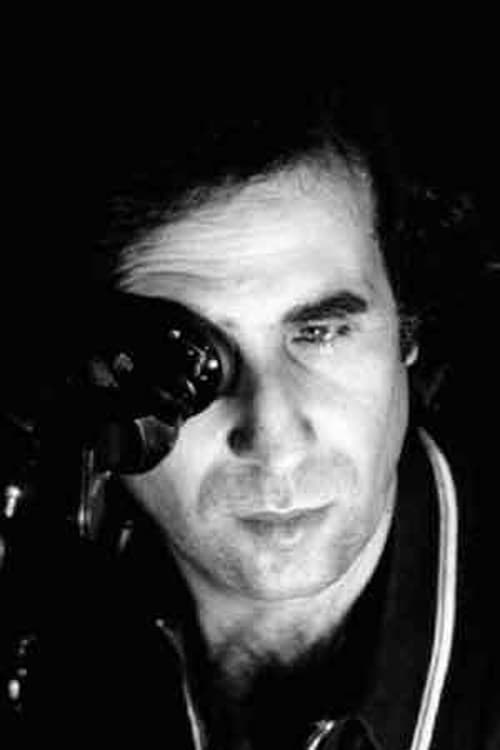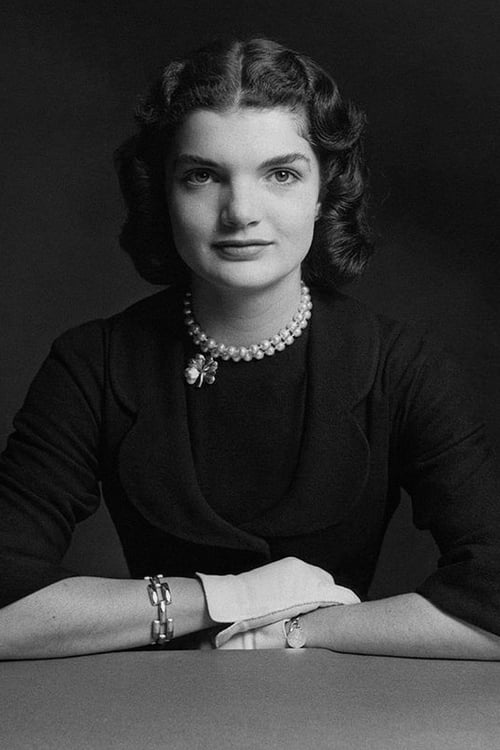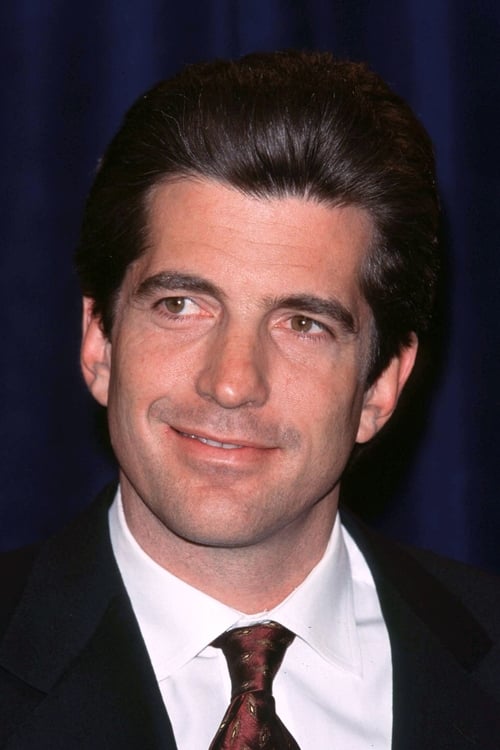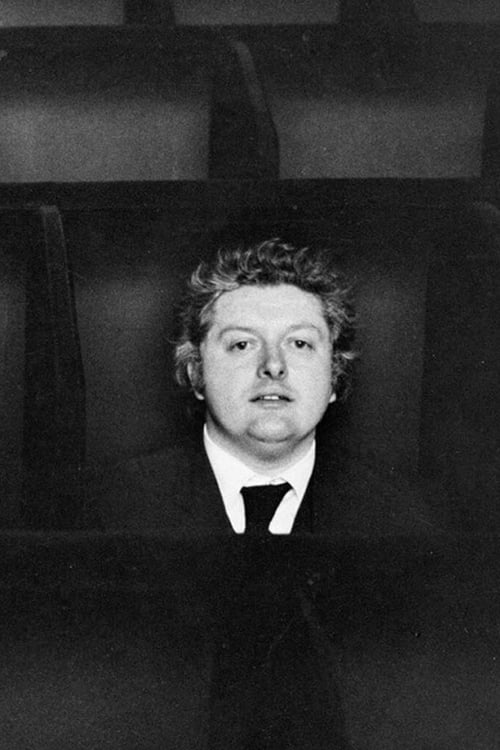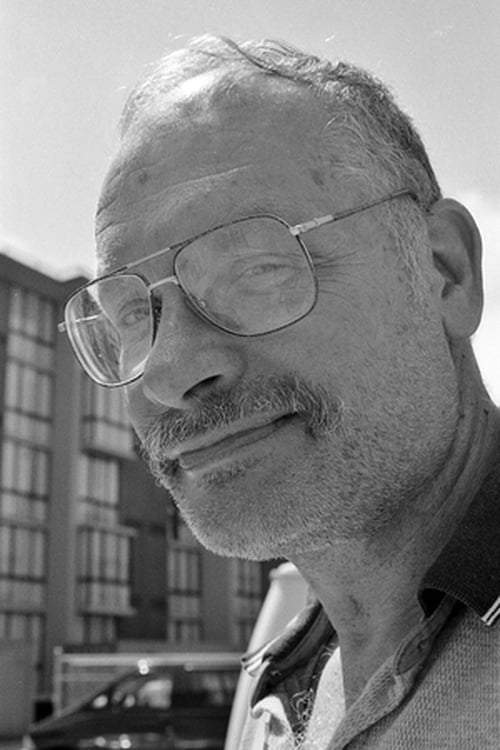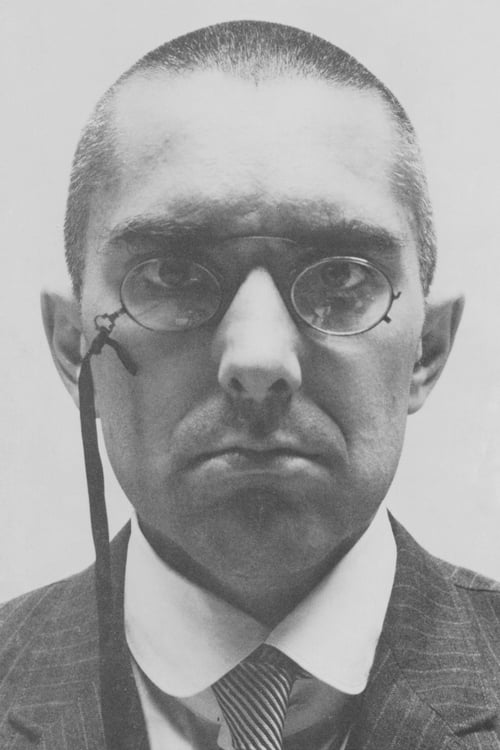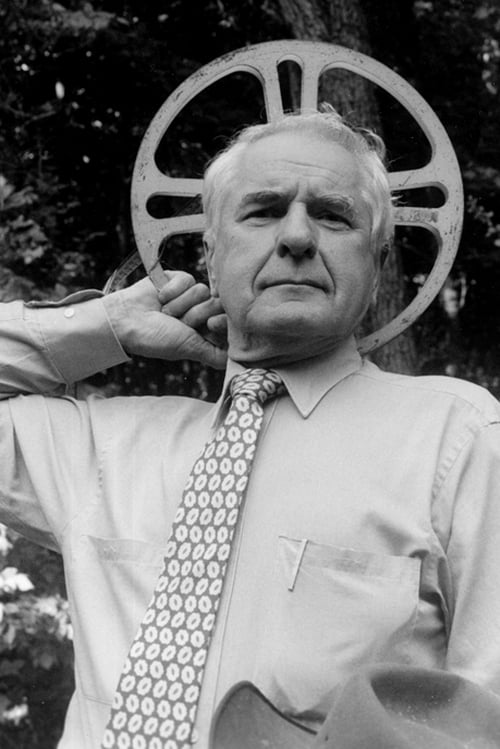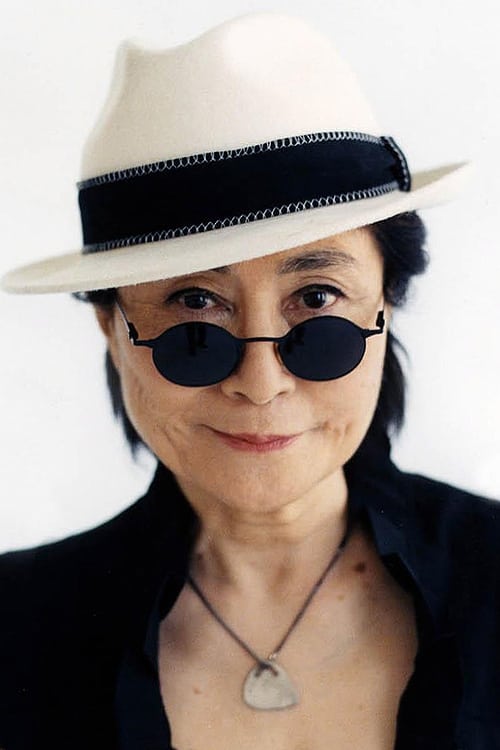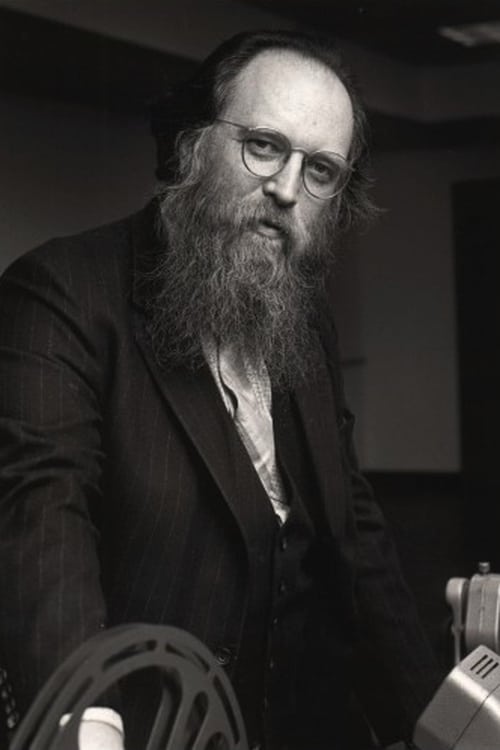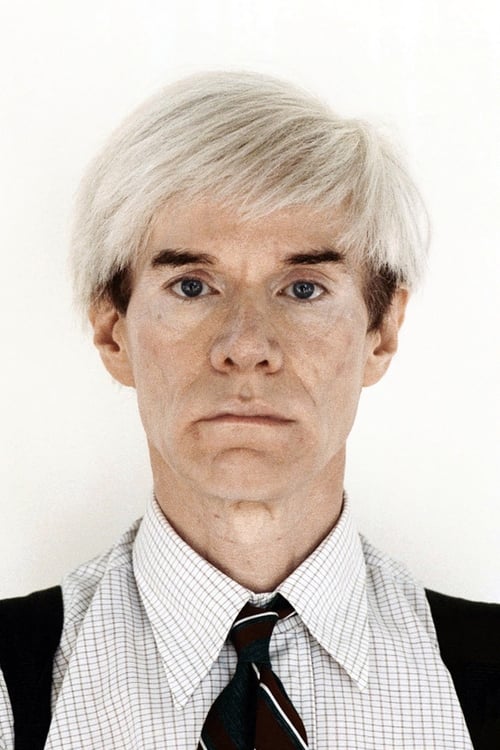He Stands in a Desert Counting the Seconds of His Life (1986)
Gênero : Documentário
Runtime : 2H 29M
Director : Jonas Mekas
Sinopse
A film collage tracing the story of the lives, loves, and deaths within the artistic community surrounding Jonas Mekas.

One of the very few films made by Etienne O'Leary, all of which emerged from the French underground circa 1968 and can be very loosely designated 'diary films.' Like the contemporaneous films by O'Leary's more famous friend Pierre Clementi, they trippily document the drug-drenched hedonism of that era's dandies. O'Leary worked with an intoxicating style that foregrounded rapid and even subliminal cutting, dense layering of superimposed images and a spontaneous notebook type shooting style. Yet even if much of O'Leary's material was initially 'diaristic,' depicting the friends, lovers, and places that he encountered in his private life, the metamorphoses it underwent during editing transformed it into a series of ambiguously fictionalized, sometimes darkly sexual fantasias. - Experimental Film Club

A woman walks, loves, eats and washes herself, dances. It all takes place in a bedroom. At times flashbacks, or visualizations of previous or following scenes. Unless her life in the bedroom becomes an obsession, she lives through the other scenes.

Homeo is a mental construction made from visual reality, just as music is made from auditive reality. I put in this film no personal intentions. All my intentions are personal. I’ve made this film thinking of what the audience would have liked to see, not something specific that I wanted to say: what the film depicts is above all reality, not fiction. Homeo is, for me, the search for an autonomous cinematographic language, which doesn't owe anything to traditional narrative, or maybe everything. Cinema is, above all, part of a way of life which will become more and more self-assured in the years and century to come. We are part of this change, and that’s why I tried in Homeo to establish a series of perpetual changes, in constant evolution or regress, which tries, above all, to focus on things.

A compilation of over 30 years of private home movie footage shot by Lithuanian-American avant-garde director Jonas Mekas, assembled by Mekas "purely by chance", without concern for chronological order.

Jamie é uma jovem insegura que vive sofrendo um verdadeiro bombardeio de perguntas das garotas belas e as gozações das colegas. Jamie descarrega tudo no diário, onde narra as aventuras de uma heroína. Sua vida vai mudar quando a história for publicada.

O filme retrata as aventuras e emoções de Nanni Moretti. Ele percorre as ruas de Roma, descobrindo fachadas, indo ao cinema, visitando o lugar onde Pasolini foi assassinado. Descobre um cenário de ilhas paradisíacas que transfigura-se em espaço de “infernal” humor. Este misto de aventura e documentário autobiográfico registra tudo o que acontece de interessante em sua viagem, o que inclui sua peregrinação de médico em médico para se curar de sua doença.
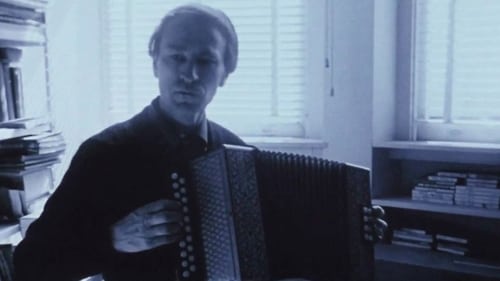
An epic portrait of the New York avant-garde art scene of the 60s.
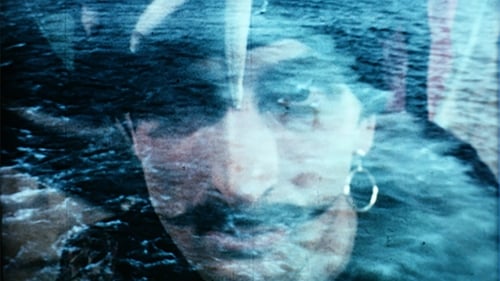
Ron Rice's Chumlum is one of those films in which the conditions of its construction are integral to the experience of watching it. It is a record of a cadre of creative people having fun on camera, playing dress-up, dancing, flirting, lazing around.

A Different point from the eyss of Yuval Shamshins's life, in the modern days of the Covid-19. The movie is built upon the small moments of life, full of Metaphors and Images in order to built a cinemathic perspective.
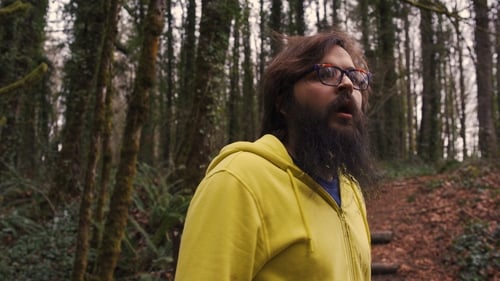
A man suffers from the effects of a mysterious psychedelic in a seemingly endless forest.

Vivi finds herself in a mysterious world and must face an ominous Queen to unlock the secrets of this mystical world, as well as her own existence. Under the Rainbow is a psychedelic dark fantasy/horror adventure.

Jonas Mekas adjusts to a life in exile in New York in his autobiographical film, shot between 1949 and 1963.

A creative director of an Advertising Agency, going through an experience that he has never encountered before, where time has stopped.
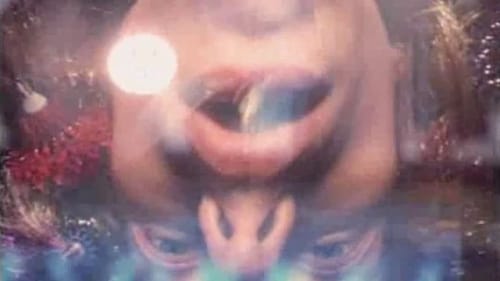
Over the course of more than fifteen years, Clémenti films a series of intimate diaries, starting from daily encounters. In La deuxième femme, we see Bulle Ogier and Viva, Nico and Tina Aumont, Philippe Garrel and Udo Kier, a performance by Béjart, a piece by Marc’O, concerts by Bob Marley and Patti Smith (not always recognisable)... It’s like a maelstrom of psychedelic images that are passed through a particle accelerator.

"Chronicles of the Present Times" - An experimental trilogy comprising 'Visa De Censure No.X', 'Livre De Famille' and 'Anima Mundi'. New Old flows together footage from more than a decade of his wandering between scenes, sets, and drugs, an accelerated world tour through various iterations of the counterculture.
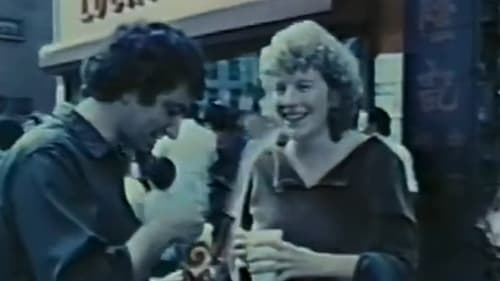
Filmmaker Jonas Mekas films 160 underground film people over four decades.

Footage from summer of 2018 that explores the passing of time regarding the little things in life.

The comings and goings of the late underground filmmaker, Curt McDowell—and the people and activities that came and went along with him—are the themes that run through this existential diary of daily life. McDowell was dying from AIDS-related illnesses during the production of the diary. “An elegy for McDowell, the videowork captures Kuchar’s mournful remembrances of his long-lasting friendship with the young filmmaker. But it also has the inquisitive charm, perverse humor, and quirky candor that places Kuchar’s visual expressions in a gritty niche all their own.”

A short documentary by Jim McBride.

Benjamin is at war: with life, with adults, with himself. From his earliest childhood onwards, the 13-year old has been shunted from one care home to another. When his mother has to go to prison, he is sent to his father, whom he has never known. The man turns out to be a dead loss, a warehouseman who's given up on life, a man in his mid-40s who still lives with his Moroccan parents in a high-rise block in the banlieue. Benjamin's turbulence and violence soon prove too much for his new family.
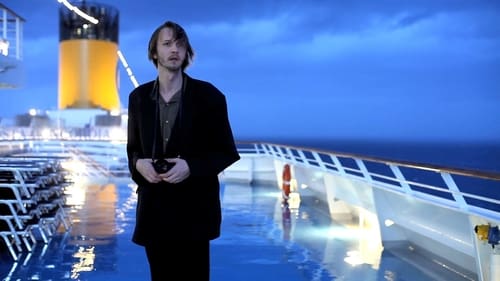
Uma sinfonia em três movimentos. Um navio no mediterrâneo e alguns conversas, em diversas línguas, entre passageiros, quase todos em férias. Um velho criminoso de guerra (alemão, francês ou americano?) acompanhado de sua neta. Um jovem filósofo francês. Um representante da polícia de Moscou. Uma cantora americana. Um velho policial francês. Uma ex-funcionária da ONU. Um agente aposentado. Um embaixador palestino. No fundo, discutem a falência das ideologias de esquerda no início de século 21.



